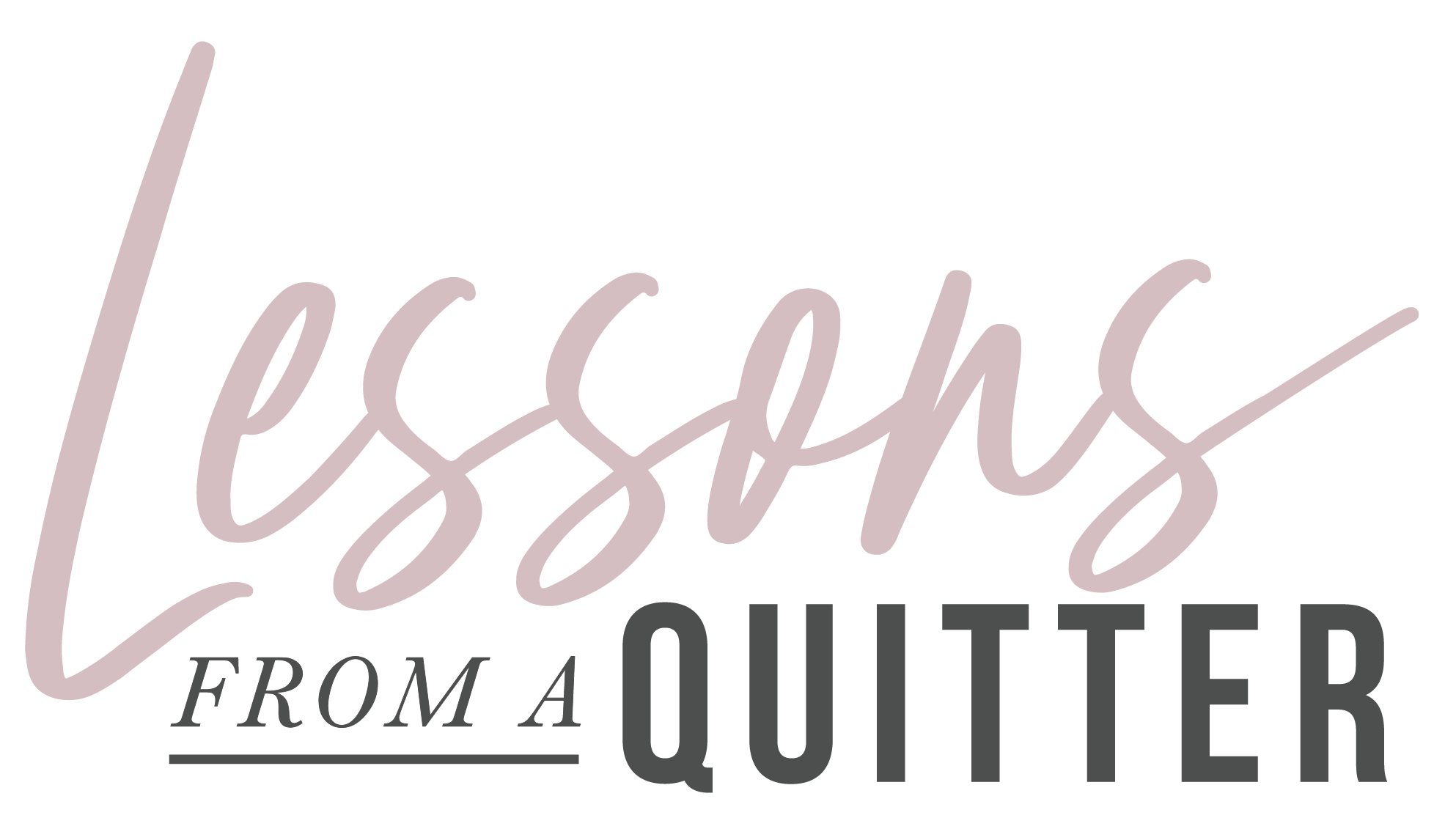Feeling stuck in a job that’s draining you?
The kind of ‘draining’ that is beyond physical and starting to feel inescapable? If you find yourself unhappy in your career, then you’ve probably thought to yourself, any one of these (if not all):
“I don’t know what to do”
“Do I have to change roles?”
“Do I have to find another job?
What should I do first?
“What should I actually focus on to see changes?”
*Cue the overwhelm.*
The thought of making a change and finding the right path can lead to a barrage of questions and uncertainties. I know it did for me.
Do you look for another job, talk to your boss, or consider a complete career change? Should you take a leap of faith and explore entirely new possibilities? The options seem endless, leaving you feeling stuck, and staying in the same place, year after year.
I remember that feeling and staying put in my legal career because of it.
Whether it’s a toxic work environment, unmanageable stress, or an unfulfilling career path, I’m sharing three steps you need to take the you are unhappy in your career. Use these steps to take charge in the direction that is most aligned with what you really want for yourself. These steps apply not only to your job but also to any aspect of life where you seek change and happiness.
Step One: Slow Down and Conduct an Audit
The first thing you want to do when you feel miserable–in anything, but especially in your career–is slow down and do an audit. Face what is actually the problem and be honest about the root of your misery. I want you to get really specific. Okay?
Grab a piece of paper and draw two columns—one for “Job” and the other for “Me.”
- In the “Job” column, list specific aspects of your work that are causing unhappiness (i.e. micromanaging boss or unrealistic deadlines).
- In the “Me” column, honestly examine your own contribution to your unhappiness. Are you a people-pleaser who takes on more tasks than necessary? Do you hold yourself to impossibly high standards of perfectionism? This step helps you gain clarity on what you can control and what you cannot.
Recognize that you can’t change everything about your job or work environment, but you can change how you respond to it. Understanding the role you play in your unhappiness empowers you to decide which aspects you can modify, which ones you can’t, and whether the balance between those two things points to leaving for a new career or remedying the one you already have.
Step Two: Embrace Your Power to Change
The next step is to realize that the only thing you can change is yourself. Taking 100% responsibility for your life means recognizing that you have the ability to respond to situations in a way that serves your well-being. This doesn’t mean blaming yourself for feeling unhappy or being at fault. Instead, it’s about acknowledging your power to choose your reactions and make changes.
Here is a non-exhaustive list of things YOU control:
- The boundaries you set at work
- How you advocate for yourself
- The perfectionist standards you hold yourself to
- How you manage the stress of work
- Your mean inner critic that never takes a day off
- How often you say “no”
Ask yourself, “What can I change here?” and consider starting small by setting one boundary, speaking up when you’re given too much work, and creating realistic standards to live by. Learn to differentiate between what you can control and what you cannot. By changing how you respond to certain situations, you can find more balance and contentment in your current job, or any aspect of life, for that matter.
Step Three: Understand Your Financial Runway
For so many of us, whether you’re planning to quit or not, looking at our money or understanding our money can be overwhelming to address. And while I wholeheartedly empathize with that feeling, all that does is leave us in a hopeless place where we think we don’t have options. So take a moment to understand your financial situation.
Knowing your financial runway—the amount of time you can sustain yourself financially without earning additional income—empowers you to make informed decisions about your career path. Calculate your monthly expenses and evaluate your savings and income. It’s really important to simply know those numbers, to know your runway, to know what your future holds in the next 1, 2, 3, or 5 years, so that you can make a better plan.
Having a clear picture of your financial situation will not only alleviate fears, but help you gain focus–Is my focus to actually leave? Or is my focus to work on what I can control? If you find that you need more time or financial stability before making a career change, you can create a plan to save money, pay off debts, or explore other ways to increase your income.
You are not alone in feeling the pull to quit.
The more you get into the nitty gritty of I’m not leaving right now, I just need to start planning, the more it helps you answer what can I do right now and not spin forever. I want you to figure out what you can change. And whatever path you choose, taking responsibility for your own happiness and well-being empowers you to find purpose and contentment in your career and all aspects of life. With determination, self-awareness, and a clear plan, you are well on your way to finding the happiness and fulfillment you deserve.
Remember, it’s okay to seek help and support from mentors, friends, or career coaches during this journey. Click here to waitlist for the Quitter Club.


